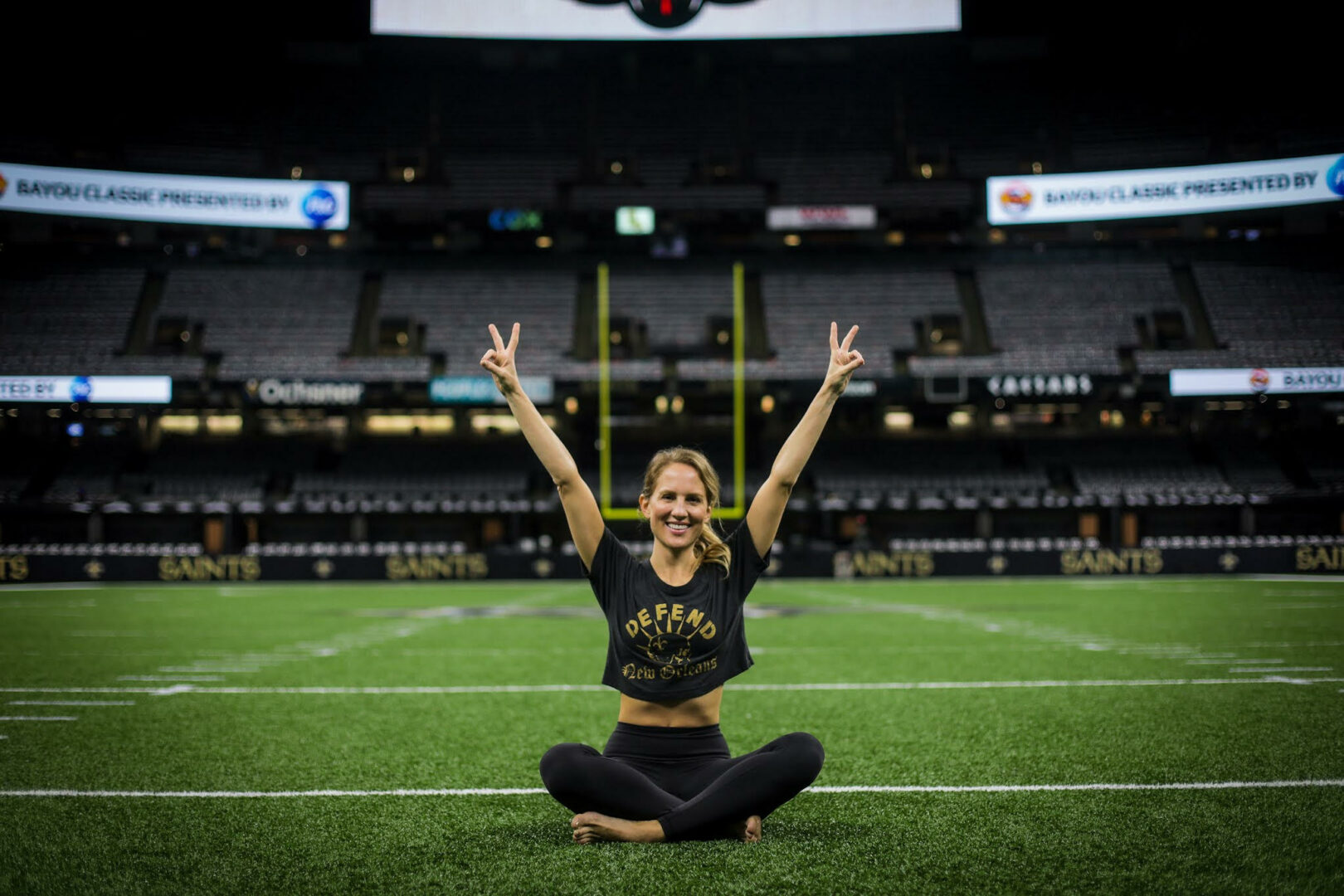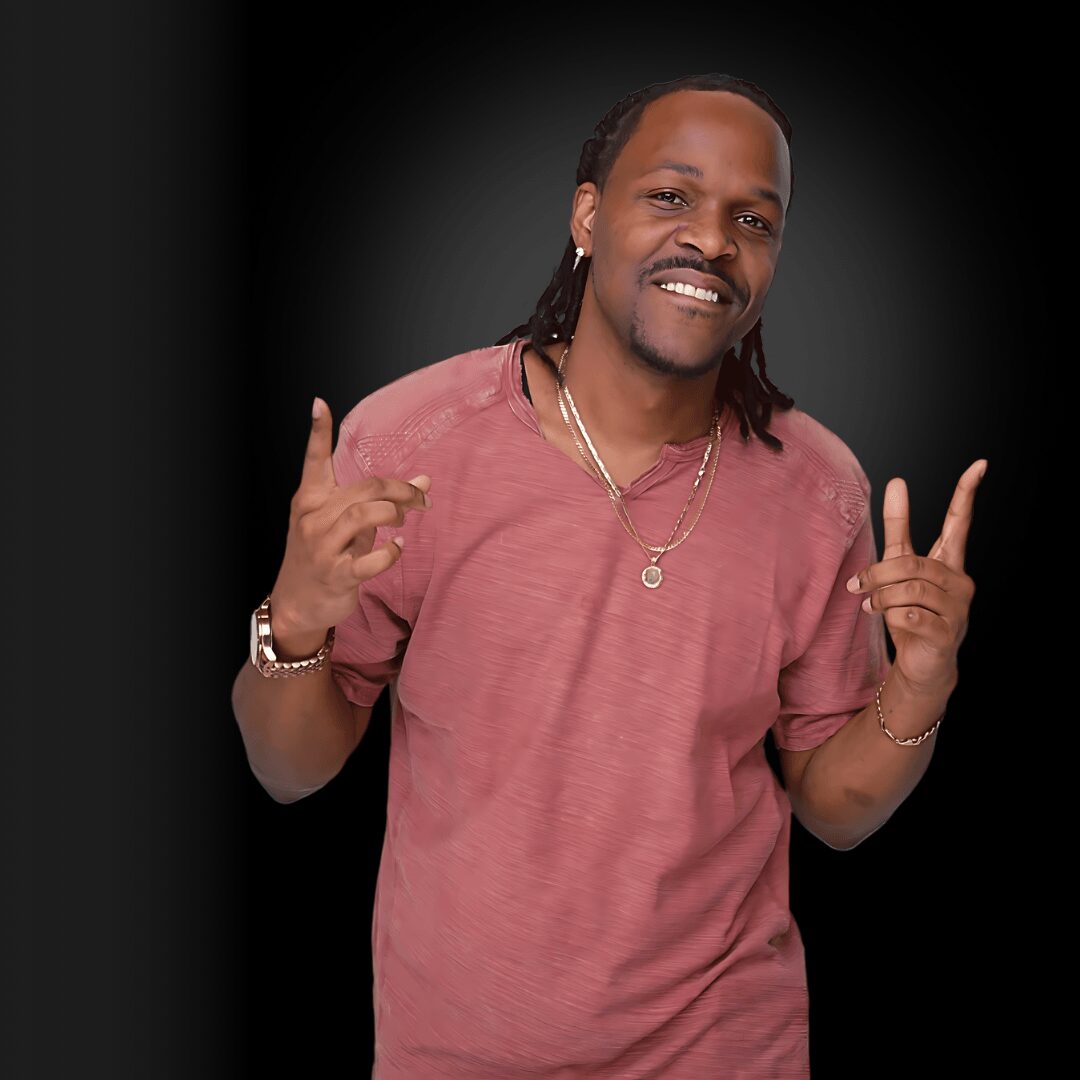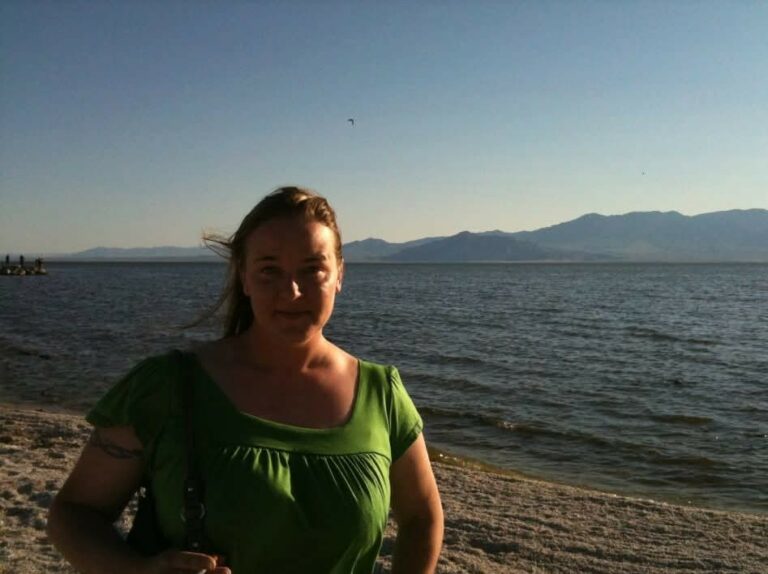We’re excited to introduce you to the always interesting and insightful Tianjiao Zhu. We hope you’ll enjoy our conversation with Tianjiao below.
Hi Tianjiao, really happy you were able to join us today and we’re looking forward to sharing your story and insights with our readers. Let’s start with the heart of it all – purpose. How did you find your purpose?
As a female filmmaker I’ve never found an easy way to success. On the first day of my summer internship back in China, when I reported to a camera assistant position at a TV station, the HR coordinator repeatedly asked me if I was certain about taking the job and suggested me to become a writer or a director for a presumably lighter workload. He even informed me that the station didn’t open positions for female DP’s anymore and was only hiring me for free labor. The unpleasant prejudice carried on when I arrived at the set, where the majority of the crew members were men and they instantly made fun of me for being a short girl without a masculine body. For the first few days they wouldn’t even let me carry the camera because they didn’t trust my physicality to support it.
Same situation happened when I was interning at a post-production company as an assistant editor, where the creative director kept reminding me how difficult it is for women to survive in the industry considering their lack of stamina, and how women easily terminate their careers due to marriage or pregnancy. I was desperate at first for knowing my gloomy future, but I didn’t simply give up. Instead, I worked harder than anyone. I stayed for longer shifts sometimes until midnight and constantly sought for additional tasks to help with. The staff eventually acknowledged my diligence and allowed me to take on more important projects. I’m now determined to break the gender discrimination and eagerly wish to prove that female filmmakers deserve a better place in the male-dominant industry.
Thanks for sharing that. So, before we get any further into our conversation, can you tell our readers a bit about yourself and what you’re working on?
I’m a professional editor based in LA. My specialty is in narrative films per my training from film school but I also take on other kinds of projects like commercial campaigns and documentaries. Last summer I edited a biographical doc about a successful female entrepreneur at an international comb company called Tan Mujiang and it’s now released on its official social media account as part of its corporate culture campaign.
I’m originally from Nanjing, China. I went to UC Davis for my undergrad, where I learned much about the media theories and the technical sides of filmmaking. Then I decided to continue my studies, learn more practical skills, and connect with more talented filmmakers at Chapman for my master’s degree.
It’s hard for me to imagine myself working in any other industry besides the entertainment world. Except for my grandpa who is a professional performer at a Peking Opera troupe, none of my family members worked in the show biz but growing up I’ve always lived in an artistic environment. My family all shared in the interest in music and movies. On the weekends, my parents would always take me to the movie theater, and I would watch anything that’s playing at the time.
Like any filmmaker, I started laying my hands on editing software when I was in high school. To celebrate our graduate and commemorate our adolescence, I decided to make a video with my friends and that fueled up my fire for filmmaking. I officially started taking editing seriously from my undergrad years. My internship experience made me realize the cruel reality of gender discrimination inside the industry, but also motivated me to grow as an independent filmmaker.
Recently I’ve edited several shorts and some of them did pretty well at the festivals. Stratosphere, a space sci-fi that incorporates LED stage and Unreal Engine rendering gave me an opportunity to get my hands on the new virtual production. It screened at festivals like Flickers’ Rhode Island International Film Festival, FANCINE, Sioux City International Film Festival, New York Shorts International Film Festival, and Atlanta Horror Film Festival. Floating, a suspense family drama that uncovers the unexpected truth between two shattered families, also won awards at festivals like Los Angeles Film Awards, Independent Shorts Awards, and Asian World Film Festival.
Roughly from last winter, I was lucky enough to work on a project under the pandemic called Satomi. The film crew includes some of the biggest names – Susan Landau Finch who is a long term colleague and friend with Sofia Coppola, Duncan Animation Studio which worked on the new Marry Poppins, and Sundance winning editor Ideno Keita. Satomi has a full-on Japanese cast, and all dialogue is in Japanese. The production team are all English speakers. I taught myself how to speak Japanese just from long years watching Japanese anime and TV shows, and I just got my N1 certification recently. Susan is a professor at Chapman, and I happen to be trilingual and fluent in Japanese, so I luckily got the opportunity to work in the editorial department. It’s exciting to work with such an international team, with a Hongkong director who’s raised in the UK, Japanese casts, and a US production team. Other than the editing itself, I was also responsible for being the pipeline between the animation team, the editorial team, and the producing team.
Now I’m one of the lead editors at ReelShort. If you told my younger self who just entered film school that I’ll be working in vertical drama series after I graduate, I wouldn’t have believed you. The platform resonates strongly with the female audience and it just became the No.1 app on iTunes’s entertainment chart last week, even surpassing TikTok. Other than the editing work itself, I also got the opportunity to involve in strategic discussions about which direction the platform should head towards, what structural changes we should apply to the post workflow in general, and what kind of storytelling methods can hook the audience more.
Looking back, what do you think were the three qualities, skills, or areas of knowledge that were most impactful in your journey? What advice do you have for folks who are early in their journey in terms of how they can best develop or improve on these?
As an editor, I think communication, adaptability, and tenaciousness are some of the most helpful qualities you can have. Looking back I fee like it’s really important for beginners to just take a deep breath before trying to leap through every step.
I remember at the first workshop I had at my master’s class, the directing professor asked each of us to write down a question about filmmaking anonymously. And I wrote how can an editor establish his or her editing style while achieving the creative vision of the director? The answer I got was “you don’t”. Another day at an editing class, the professor told us a story about how Sam Peckinpah communicated with his editor, saying if you don’t know how to come up with a new way to cut the scene, I’m hiring your assistant. I personally believe in the latter and I don’t think there’s only right or wrong answer to this debate. Some directors like to involve heavily on the first assembly or make the assembly themselves. I always like to go through every second of the footage myself to see what’s hidden under each take. When I collaborate with the director, I always aim for presenting the better version of the film that the director didn’t even imagine it could be. For me that’s the real mission for me as an editor. When my vision diverges from the director’s I usually complete both versions instead of trying to talk the director out of it, so they can get a better sense of what the film will look if we choose this path. What matters to me is not the decision itself but the discussion behind why we should make this cut.
With the rise of social media platforms especially TikTok, people’s attention span keeps getting shorter. There’s this invisible hand that’s pushing us to rush through everything. I always like to take a beat between moments and let the audience have a little space to breath, letting the brain process what’s just watched. This also applies to music editing. I tend to find inciting incidents which could be a reaction, a line, or an action to cue the music, and not simply crossfade. I’m also not a big fan of stereotypical hero vs. villain structure. I believe there’s good in bad people and badness in good people. Whenever I get a chance, I always look for places to make the characters more multidimensional. I would describe my editing style to be clean cut. Never assume the audience is stupid and stop before repeating what the audience already can predict.
Before we go, any advice you can share with people who are feeling overwhelmed?
As a female filmmaker I’ve never found an easy way to success, and the one thing I would suggest is to turn the sorrow into power and not let others define what you are capable of.
On the first day of my summer internship back in China, when I reported to a camera assistant position at a TV station, the HR coordinator repeatedly asked me if I was certain about taking the job and suggested me to become a writer or a director for a presumably lighter workload. He even informed me that the station didn’t open positions for female DP’s anymore and was only hiring me for free labor. The unpleasant prejudice carried on when I arrived at the set, where the majority of the crew members were men and they instantly made fun of me for being a short girl without a masculine body. For the first few days they wouldn’t even let me carry the camera because they didn’t trust my physicality to support it.
Same situation happened when I was interning at a post-production company as an assistant editor, where the creative director kept reminding me how difficult it is for women to survive in the industry considering their lack of stamina, and how women easily terminate their careers due to marriage or pregnancy. I was desperate at first for knowing my gloomy future, but I didn’t simply give up. Instead, I worked harder than anyone. I stayed for longer shifts sometimes until midnight and constantly sought for additional tasks to help with. The staff eventually acknowledged my diligence and allowed me to take on more important projects. I’m now determined to break the gender discrimination and eagerly wish to prove that female filmmakers deserve a better place in the male-dominant industry.
Contact Info:








